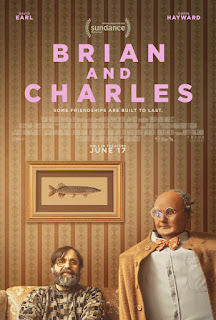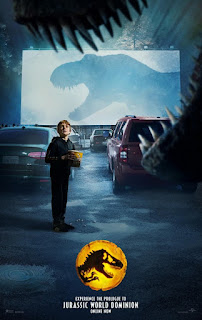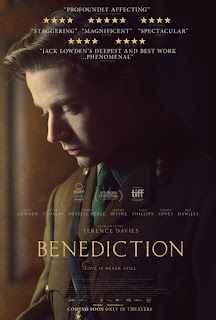Morgan Freeman Juliette Binoche Cameron Monaghan Hala Finley Frank Grillo
This is a crime drama as thrilling as any you would want to see, with the best of writing and directing by Anna Gutto and a cast containing the illustrious Juliette Binoche in a completely divergent role from her past and the inimitable Morgan Freeman being in his quintessential role of the quiet, irritating upsetter. Close behind them is young Hala Finley who is already a master at showing how children can portray depth of character and artistry while still maintaining childhood innocence.
This is not your ordinary crime drama—no screaming car chases, no grossly bloody scenes, no mano-a-mano male combat for a finale—it shows ordinary people confronting life dilemmas and careful, committed FBI work that would do our country proud. One might think this was not “exciting” enough, but in actuality, it was so intense at times I needed to take a break from my home screening.
The story begins with a novel characterization of a female truck driver Sally (Binoche) talking to her friends on the road—other female truck drivers—indicating her dubious ties to her brother Dennis (Grillo). He is in prison, and after a lifetime of protecting her from an abusive father, he is able to get her to help him in alleviating some of the abuse he is experiencing in prison. This involves her transporting “packages” for him from one place to another.
When one of these “packages” turns out to be a young girl (Finley), the plot heats up. This is especially since the writer of the drama is giving credit to how smart and streetwise young girls from her background are today. We the audience learn something about the knowledge and understanding victims of poverty and trafficking acquire in their brief lives.
Now, Sally has to deal with situations in her life for which she is completely unprepared. For the first time, she must take into account someone other than herself and her devotion to her brother. That journey will be much more difficult than anything she’s had to face before.
I contrast this production with male-dominated stories of daring-do in which “action” scenes predominate. Here, you find two unlikely females developing a tentative bond, an unlikely FBI pair trying to work together, and the unexpected disruptions of a child. The bottom line is that it becomes interesting—even engrossing—while revealing much about human relationships, trafficking of children, the prison system, and intelligent police work.
A thriller well worth your time and interest, Paradise Highway shows us important considerations in life.
Grade: A By Donna R. Copeland













